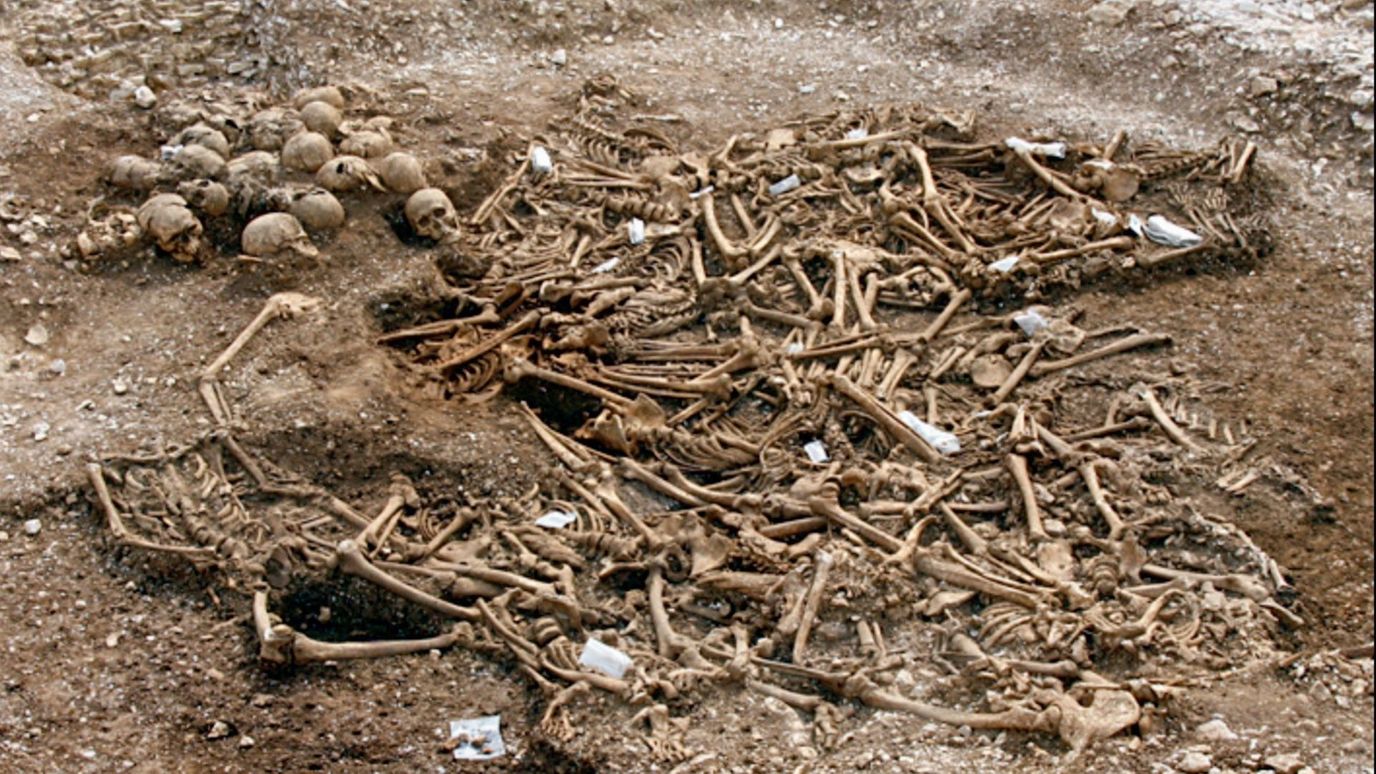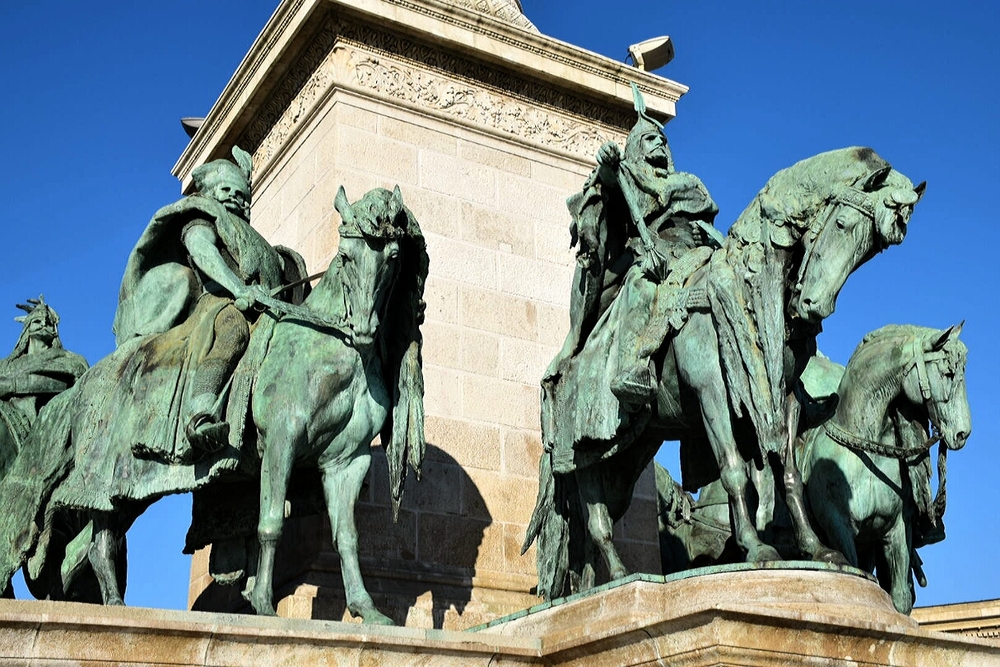Litwin
Platinum Member
Nothing is new, Pritsak, O. wrote it in 1987. The origin of Rus´, but still some find it interesting

 www.bbc.com
www.bbc.com
ps
Muscovy (ulus of Juchi) has no connection to Rus´

Why Vikings weren't who we thought they were - BBC Reel
Vikings are often thought of as 'pure-bred', blonde-haired, and blue-eyed warriors who changed the course of European history. Now a team of international scientists has debunked this modern-day myth of the Vikings by examining their genetic ancestry. The largest-ever DNA sequencing of Viking...
ps
Muscovy (ulus of Juchi) has no connection to Rus´

